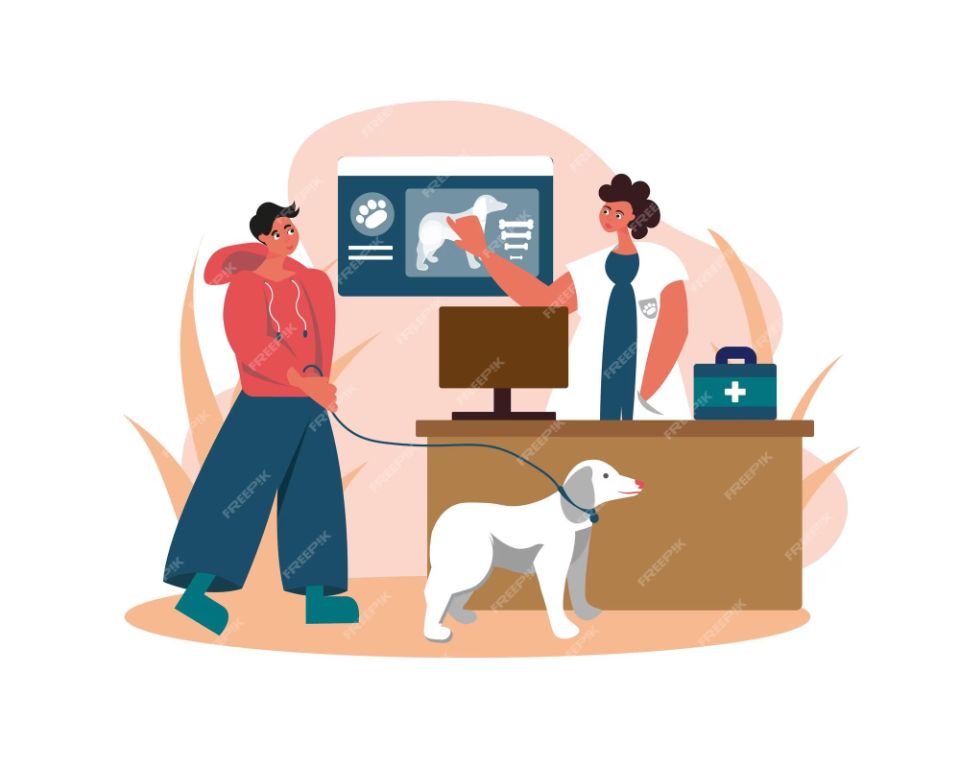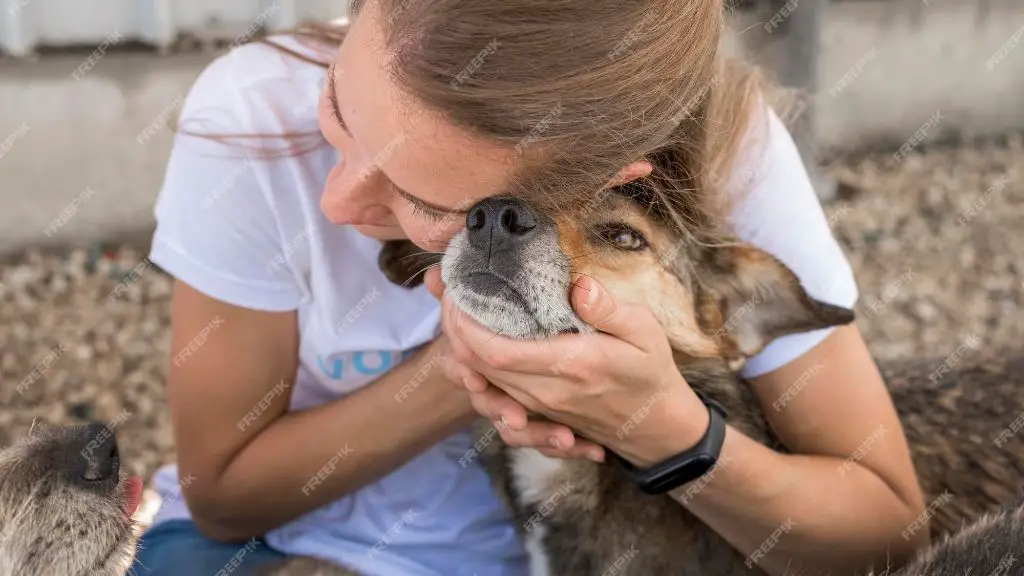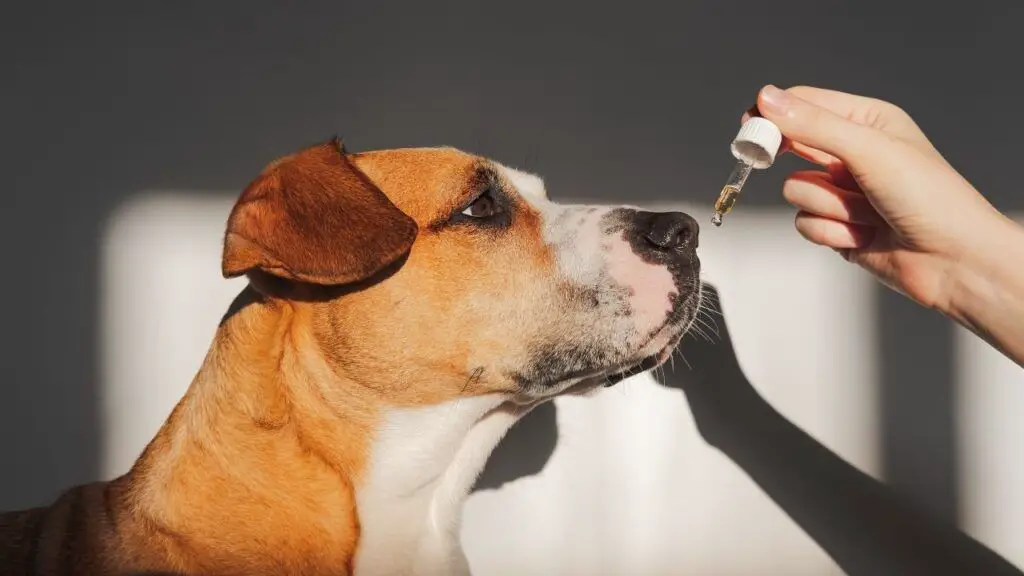Introduction
Cancer can be an emotionally distressful time for dogs. While the physical effects are challenging, anxiety over changes in routine, feelings of isolation, and sensing sadness in owners can also take a toll. However, just as in humans, keeping spirits up is an important part of the recovery process. Staying positive and focusing on everyday joys helps assure your dog that life is continuing as normal. Though the future may look different, happiness can be found in simple moments of connection.
Dogs take comfort in the familiar. Maintaining regular walk schedules, playtime, training sessions, and cuddle time prevents disruption to their daily rhythms. Sticking to comfortable routines signals that everything is alright. Additionally, engaging in fun activities distracts from the emotional weight of their condition.
While cancer presents significant challenges, the love and support of a caring owner can provide dogs great comfort. Efforts to keep their spirits up and make them feel safe are just as valuable as medical treatments. Your dog lives in the present, so make the most of each moment you have together.
Keep Routines
When your dog is diagnosed with cancer, it’s important to stick to their normal routine as much as possible. Maintaining a consistent schedule of feeding, walking, playtime, training, and commands will provide your dog with a sense of stability and normalcy during this difficult time.
Feed your dog at the same times each day and walk them on their usual route and schedule. Make time for play and engagement through their favorite toys, games or activities. Continue any training routines using the same cues and commands. This consistency and predictability will be comforting and reduce anxiety.
Of course, adjustments may need to be made depending on your dog’s health and energy levels on any given day. But do your best to keep activities, interactions and schedules consistent. Your dog will feel more secure knowing their daily routine remains largely the same despite the challenges of managing cancer.
Monitor Pain
One of the most important things you can do for a dog with cancer is to monitor their pain levels closely. Cancer can cause mild to severe pain, which can significantly impact your dog’s quality of life. Note any changes in behavior that could indicate your dog is in pain, like decreased activity, aggression, whining or crying, loss of appetite, restlessness, or licking a particular area of their body.

If you suspect your dog is in pain, take notes on what seems to trigger it and discuss it right away with your veterinarian. There are many good options for dog pain control including NSAIDs, opioids, and alternative medications. Work closely with your vet to provide the most effective pain medication regimen with the fewest side effects. Keeping your dog comfortable will allow them to continue enjoying life.
Give Love
Your dog appreciates being shown physical affection, especially when dealing with a serious illness like cancer. Even if your dog seems withdrawn at times, gentle attention can help provide comfort and reassurance. Focus on giving your dog plenty of petting, brushing, massaging, cuddling, or just sitting nearby with a hand resting on them. Your dog is very attuned to your actions, so shower them with soothing touches to help ease any pain or anxiety. Slow, rhythmic strokes along their head, back, legs and paws is calming. Be aware of any sensitive spots, but otherwise look for ways to give love through thoughtful, compassionate contact.

Engage Senses
Dogs have powerful senses, and stimulating new sights, smells, sounds, and textures can provide comfort and enrichment.
Take your dog on special “sniff walks” around new places that provide interesting smells. Go for car rides with the windows down so they can feel the wind and experience new sights, sounds, and smells.
Provide your dog with new toys and treats that engage their senses of smell, taste, and touch. Rotate toys to keep things interesting. Interactive puzzle toys can stimulate their mind too. The key is providing positive sensory experiences to lift their spirits.
Facilitate Rest
Dogs with cancer often experience fatigue and need more rest. Creating a comfortable resting area away from household noise and bustle can help your dog relax. Place soft blankets and pillows in a quiet spot where your dog can nap undisturbed.
Adjusting your dog’s schedule to allow for more frequent naps throughout the day can also help conserve their energy. Try spacing out walks, playtime, and meals with ample time for sleeping in between. Dogs naturally sleep over half the day, so letting your dog sleep as much as needed will facilitate healing rest.
Maintain Diet
Continuing to feed your dog the same high quality food they are accustomed to can provide stability when facing cancer. Their normal diet gives both nutritional and emotional support during this difficult time.
However, some adjustments may be necessary. For example, a dog undergoing cancer treatment may experience nausea or loss of appetite. Try feeding smaller, more frequent meals and warming the food to increase palatability. You can also mix in broths, gravy or raw goat’s milk to provide extra calories if weight loss becomes a concern.
Talk to your veterinarian if you notice significant changes in your dog’s eating that persist more than a couple days. They can recommend prescription appetite stimulants or anti-nausea medication if needed.
Keeping your dog’s diet as consistent as possible allows them to maintain strength while facing cancer. Monitor their intake and make accommodations to keep them eating well.
Consider Supplements
There are some supplements that may help provide comfort to dogs with cancer. One option to consider is CBD (cannabidiol). Research has shown CBD may have anti-inflammatory, pain-relieving, anti-nausea, and anti-anxiety benefits for dogs. When sourcing CBD, look for high-quality, veterinarian-approved products made specifically for pets. Work closely with your vet to determine appropriate dosing.

Additionally, certain foods have natural anti-inflammatory properties that may help soothe your dog’s symptoms. Oily fish like salmon and sardines contain omega-3 fatty acids that reduce inflammation. Leafy greens like spinach and kale provide antioxidants. Berries are packed with inflammation-fighting flavonoids. Lean meat, bone broth, and eggs offer protein without inflammatory saturated fats. Talk to your vet about incorporating small amounts of these anti-inflammatory foods into your dog’s diet.
Prepare for Changes
One of the hardest parts of caring for a dog with cancer is preparing for changes as the disease progresses. As difficult as it is, it’s important to think ahead and be ready to adapt as your dog’s mobility, energy levels, or overall health decreases.
Have an honest discussion with your veterinarian to determine the likely progression of your dog’s cancer and life expectancy. This will help you plan ahead and know what to expect. Discuss options for at-home assistance, mobility aids, or transferring to a specialty hospice facility if your dog can no longer get around easily at home.
Talk with your vet about approaches for pain management and palliative care to maximize quality of life as your dog declines. Anti-nausea medication, appetite stimulants, and fluid therapy can often help dogs remain comfortable. Know the signs that indicate your dog is in pain or distress.
Sadly, you’ll also need to make preparations for saying goodbye. Decide if your dog should pass at home or if euthanasia will be necessary. Make arrangements with your vet for when the time comes. Saying goodbye is excruciating, but focusing on making your dog’s final days peaceful can bring some comfort.
Focus on Today
When your dog is diagnosed with cancer, it’s natural to start worrying about the future and when the end may come. However, dwelling too much on the inevitable will only cause you more grief. Try to stay focused on making every day you have left together as joyful as possible.

Keep your focus on the present moment. Engage in your dog’s favorite activities, give them their favorite treats, take them on meandering walks to explore new scents. Don’t get caught up in waiting for bad things to happen down the road. Instead, make a conscious effort to be fully present with your dog each day.
Treating each day as a gift allows you to maximize the special time you have together before saying goodbye. Don’t waste time worrying about the future or lamenting the past. Be in each moment, share your love, meet your dog’s needs as best you can, and find serenity in the simplicity of each day together.